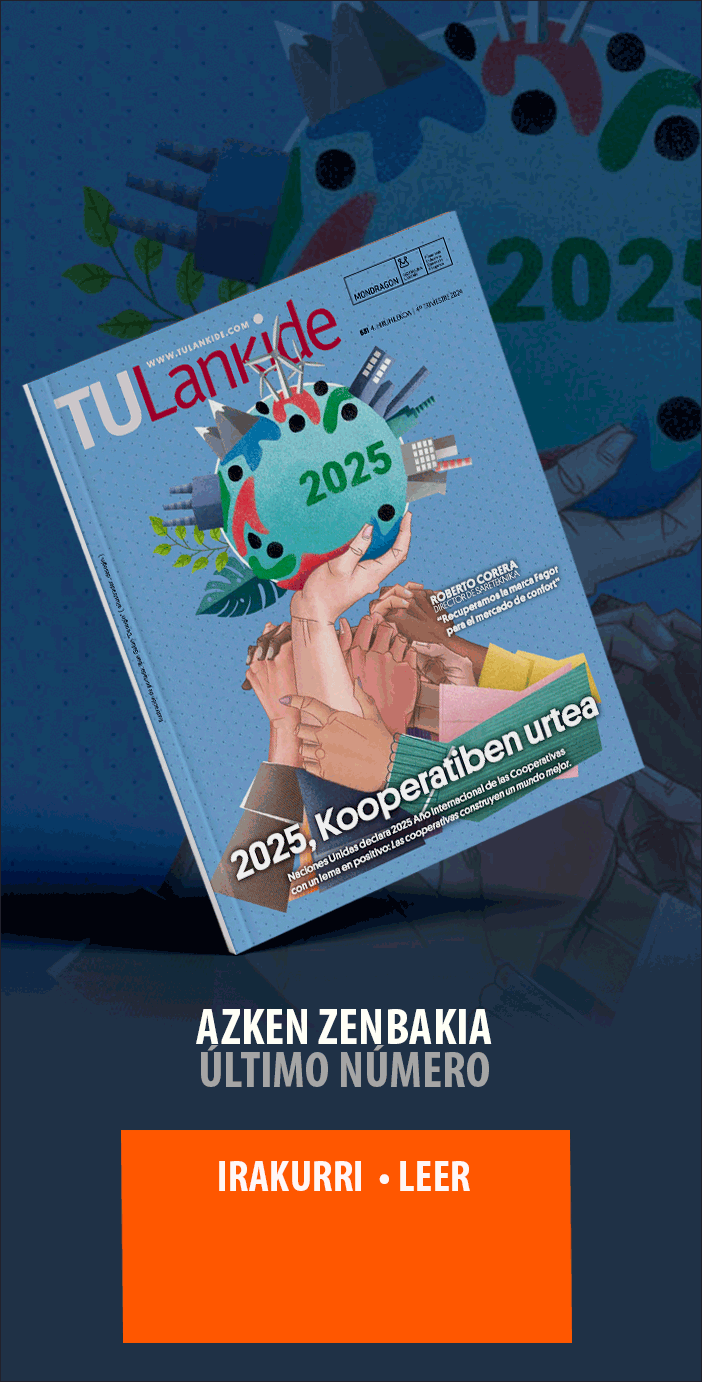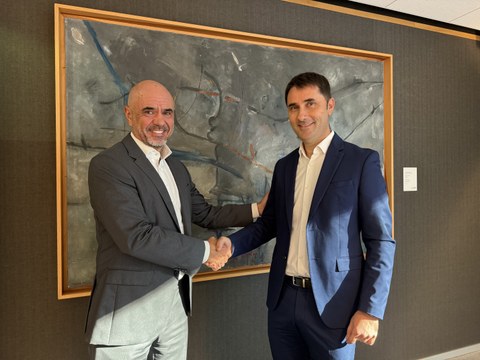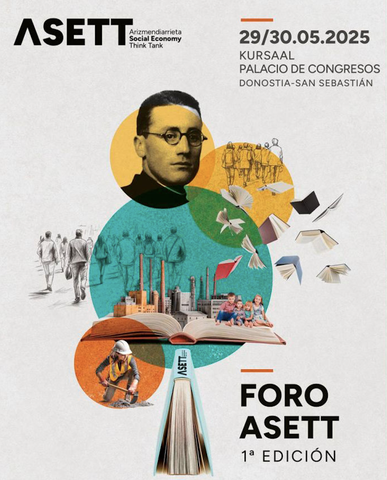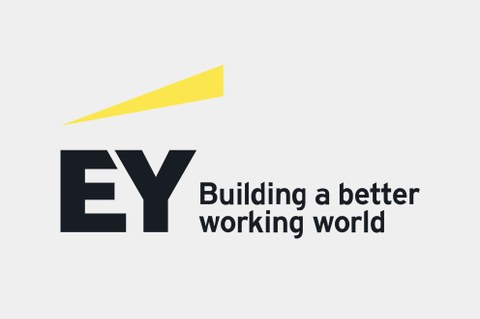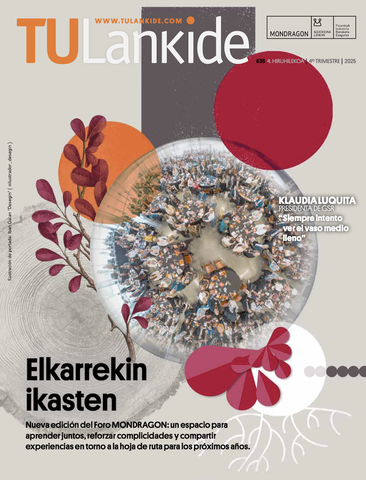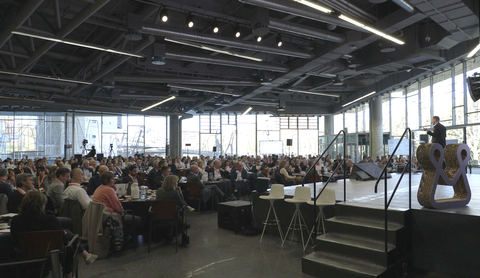Most read
- 1. Danobatgroup sets a new turnover record of €344 M in 2024
- 2. Danobat revolutionizes manufacturing with a new precision robot
- 3. MONDRAGON expands its digital presence with Bluesky
- 4. MONDRAGON leads ASETT, the Social Economy Hub for social transformation
- 5. Orbik Cybersecurity, the first technological start-up to become a co-operative
- 6. Eika acquires Stone Cooker S.L and its innovative 'Suiseki' table to boost growth
Financial Times points to MONDRAGON as an example of European alternative in technology

In an article published by the Financial Times (“How should Europe build its own Silicon Valley?”), Dutch technology policy expert Marietje Schaake has singled out the Corporation as an example of success within the European landscape of technological innovation. The author stresses that MONDRAGON, formed by Basque cooperatives and oriented towards a model of democratic governance and sustainability, offers an alternative to Silicon Valley's traditional accelerated growth strategy.
According to Schaake, MONDRAGON's approach, which prioritizes people and financial stability over short-term profit, is an innovative proposition over the dominant model in the technology sector. People have the opportunity to participate in key decisions, and wage differentials within the organization remain limited, with no external shareholders seeking to maximize economic performance. The author points out that the Corporation is one of the largest business groups in Spain and recorded more than EUR 11 billion in sales last year.
European reference
Schaake's reflection stems from Mario Draghi's recent report on EU competitiveness, which highlights the need for digital autonomy and investment in one's own technological infrastructure. The author considers that the Corporation's approach, based on values and sustained and democratic growth, could be a source of inspiration for future European technological developments.
The author considers that the Corporation's approach, based on values and sustained and democratic growth, could be a source of inspiration for future European technological developments.
Schaake also mentions other initiatives such as Public Spaces, a coalition of public institutions that seeks to reduce dependence on large American technologies. Both MONDRAGON and Public Spaces illustrate, according to the author, a path to more transparent, accountable and sustainable technologies.
The article concludes by stressing the importance of harnessing the current momentum to reduce foreign technological dependence and build solid alternatives based on European principles. MONDRAGON, according to Schaake, is one of the keys to demonstrating that another model is possible in the digital development of the continent.










